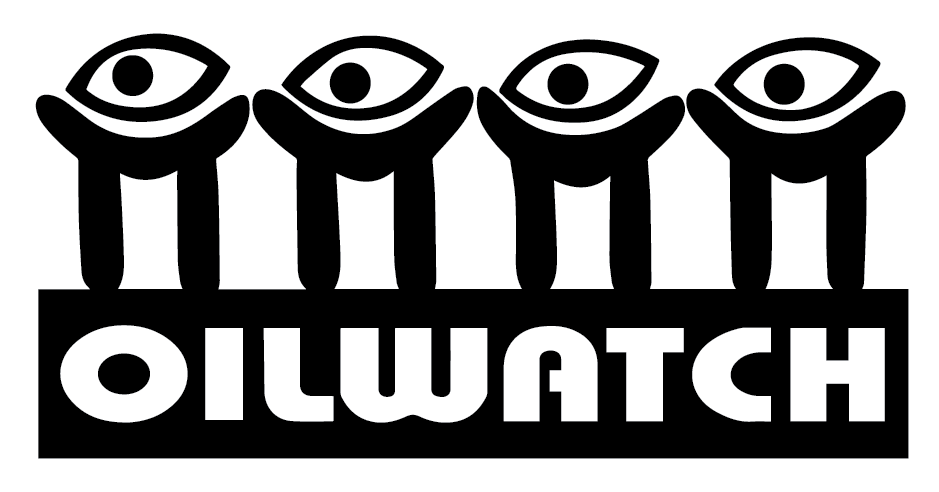WORLD BANK ACKNOWLEDGES SERIOUS FLAWS IN WEST AFRICAN GAS PIPELINE But Questions on Compensation for Displaced, “Upstream” Impacts, and Gas Flaring Remain Unanswered
Civil society activists in Nigeria are welcoming the World Bank’s acknowledgement of a series of damaging mistakes during the building of the World Bank-financed West African Gas Pipeline (WAGP) running from Nigeria through Benin, Togo, and Ghana. But they also say the report does not go far enough in answering crucial questions.
A report by the Bank’s independent Inspection Panel outlines serious errors made by the West African Gas Pipeline Company (WAPCo) as it took possession of lands in Lagos and Ogun States, Nigeria and displaced already-impoverished residents. In its response to the Panel report, the World Bank’s management admits that residents were paid just 10% of the established value of their land. The World Bank’s Board of Executive Directors is scheduled to discuss the report today.
The Panel also criticized the Bank’s refusal to consider the impact the pipeline would have on communities in the Niger Delta, the source of the gas – a refusal Bank management continues to defend on the grounds that the multi-country pipeline was a distinct project from the wells and the older pipeline to Lagos that connects to the WAGP.
“The Inspection Panel has clearly laid out the reckless manner in which WAPCo disrupted the lives and livelihoods of villagers in Nigeria,” said Nnimmo Bassey, Executive Director of Environmental Rights Action/Friends of the Earth, a Nigerian non-governmental organization that was among the groups that filed the initial complaint with the World Bank. “We take satisfaction in the fact that the Panel validated our claims, and that the Bank’s management accepted responsibility for allowing WAPCo to trample people’s rights. But we still don’t have an explanation of why such grievous violations of World Bank policy were allowed to occur.”
Bassey’s colleague Mike Karikpo added, “The World Bank should explain why it failed to effectively present the case for ‘land-for-land compensation’ that Bank policy calls for, and should prove its claim that now, after the mistakes are acknowledged, there is no more land available for the displaced people. Even after reading the Bank’s version of events, it is hard to believe the Bank did not collude with WAPCo to slash the already very conservative valuation of the villagers’ property.”
Karikpo added, “Let’s remember that WAPCo is not a struggling local enterprise, but a consortium of some of the world’s richest companies, including Chevron and Shell. It is stunning to see them, and the World Bank, deny impoverished people their due.”
Nasiru Jimoh, a member of the Igbesa community that comprises the bulk of the people displaced by the WAGP, commented, “The World Bank quoted us the prices we should be paid, and then reneged without consulting us. They have sown confusion and despair in my community. Now that they are admitting mistakes, they must publicly disclose how they decided on their valuations of our trees, crops and lands.”
The Panel also found that the project was initially promoted as an instrument to reduce the gas flaring that afflicts Niger Delta communities with unending noise, heat, light, and pollution. Actual reductions in gas flaring will be, as the Bank’s management acknowledges, substantially less than was implied before the project was begun.
The WAGP case has implications far beyond Nigeria, said Joshua Klemm, Program Associate at Bank Information Center, a Washington non-governmental organization that monitors the World Bank and other international financial institutions. “The Bank is now in the process of finalizing its strategy to address climate change, and clearly wants to take the lead on the issue. But will this be the pattern we see when the strategy gets implemented: promises made to end climate-damaging activities like gas flaring which then evaporate once the project gets built?”
CONTACT:
Nnimmo Bassey, Environmental Rights Action +234-803-727-4395 (Nigeria)
Mike Karikpo, Environmental Rights Action +234-803-552-6729 (Nigeria)
Nasiru Jimoh, Project-affected individual +234-805-290-7373 (Nigeria)
Joshua Klemm, Bank Information Center +1 202 624-0630 (U.S.)
